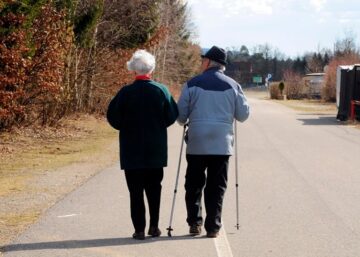Jan H. J. Hoeijmakers in Nature:
 We are born; we grow up; we become an adult and perhaps reproduce. Then we might increasingly develop ailments or chronic diseases, before we decline and eventually — inevitably — die. These are the facts of life, at least hitherto, however much many of us might wish for them to be otherwise.
We are born; we grow up; we become an adult and perhaps reproduce. Then we might increasingly develop ailments or chronic diseases, before we decline and eventually — inevitably — die. These are the facts of life, at least hitherto, however much many of us might wish for them to be otherwise.
Perhaps things could be different. Progress in ageing research has opened up the prospect that ageing and death might be deferred, possibly even for hundreds of years, according to some people. Is that wishful thinking? The timely, illuminating book Why We Die by 2009 chemistry Nobel co-laureate Venki Ramakrishnan explains the science — and, importantly, separates fact from fiction.
Over the past century or so, better hygiene, improved living conditions and health-care innovations, such as antibiotics and vaccines, have seen human life expectancy more than double. But the maximal lifespan has hit a ceiling at about 120 years.
More here.
Enjoying the content on 3QD? Help keep us going by donating now.
